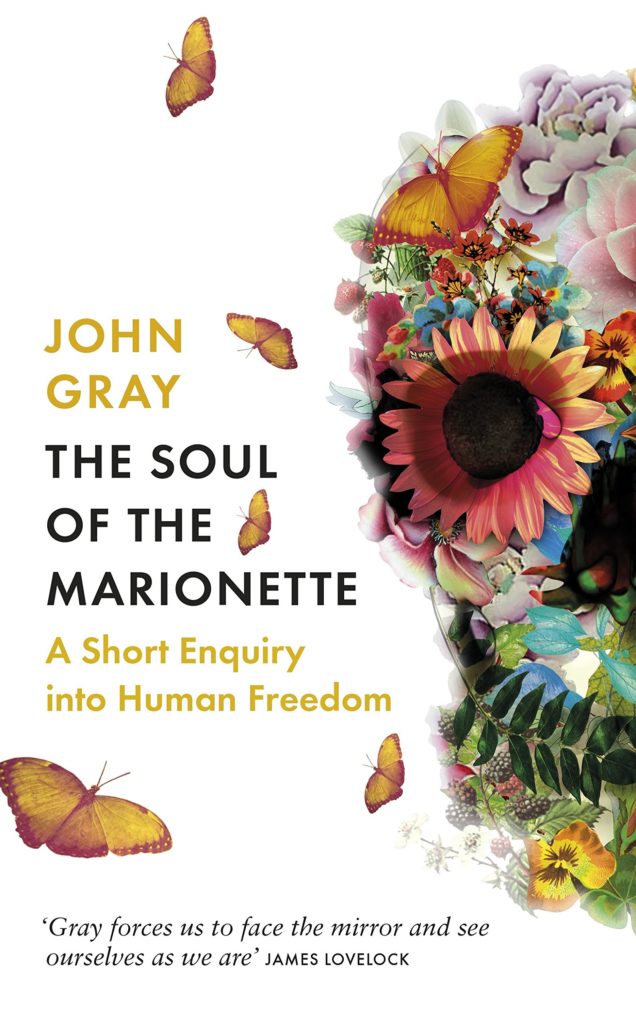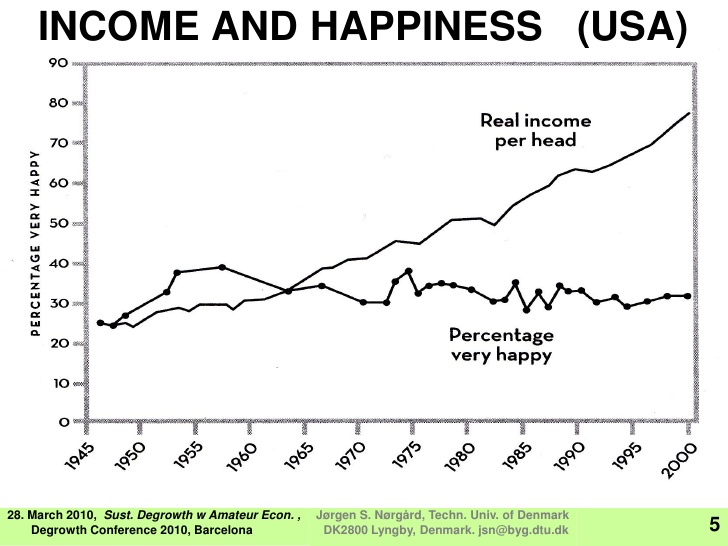Most of our waking moments are spent either doing things that we expect will make us happy or trying to be happy. It’s like happiness is a currency and we want to hoard it as much as we can, as fast as we can. But the more we chase happiness, the less we’re able to get it. Yet if we momentarily forget about our desire to be happy, we find ourselves to be happy.
Before dissecting this contradictory nature of happiness, it’ll help to first define happiness. Everyone has their pet definition of happiness and each dictionary will define it in its own way. There’s no United Nations mandate specifying ingredients for happiness. It seems that happiness is hard to pin down and, as you’ll see, that’s precisely why you cannot plan for happiness.
The happiness paradox
Happiness is fundamentally an emotional feeling. You see, we feel happy. If happiness was a physical object located somewhere in our 4D spacetime, we could have sent space missions to find it and bring it back to us. If happiness was an idea, we could have ordered a book on Amazon and wrote reviews about it. If happiness was a person, we could marry it and be done for life. But happiness is none of it. If we knew what happiness was and how to get it, the entire self-help industry would have been long bankrupt. Yet the market for heres-how-you-get-happy is thriving because we’re suckers for happiness.
What I find most paradoxical about happiness is that we often think about it. Thinking is a process where we state some assumptions and work through their implications. Thinking is full of biases and is limited in its capacity (we aren’t able to store more than a couple of assumptions in our working memory). Thinking works best when there are a few variables involved. You’re fine thinking about whether Socrates is mortal (or discovering quantum mechanics), but you’re not ok thinking about how the future will unfold because it has far too many variables than what you can hold in your head.
Emotional feelings like love, disgust or happiness are a product of millions of years of evolution of our mind. There’s no single thing or principle that makes us happy. There’s no grand unified theory of happiness. Yet, we deploy our thinking hats trying to plan for a happier life. Thinking is significantly underpowered for this simulation: how our body and mind will react to billions of combinations of ingredients that make up our daily life and its context.
Miswanting: wanting things that won’t make you happy
There’s an idea in psychology called miswanting. It’s the difficulty we have in predicting what’ll make us happy. Here’s a simple example to illustrate miswanting. Suppose you think a beach holiday will make you happy. Since thinking is linear and full of biases, what leaps to your mind is pristine beaches, sun, beer and perhaps good food. Feeling pleasant and excited, you book your tickets. When the day arrives, you discover that the flight is delayed, or there was a cranky baby in the flight. Or when you reach the hotel, you find out that you forgot to pack sandals. On the beach, you get irritated by all the sand that’s stuck on your feet. There are tourists everywhere. It’s loud. Sun is harsher than you thought.
When you’re planning for a holiday (or any other experience you expect to derive happiness from), you obviously cannot think of all the nuances that’ll ruin the experience you planned for ... Read the entire post →


